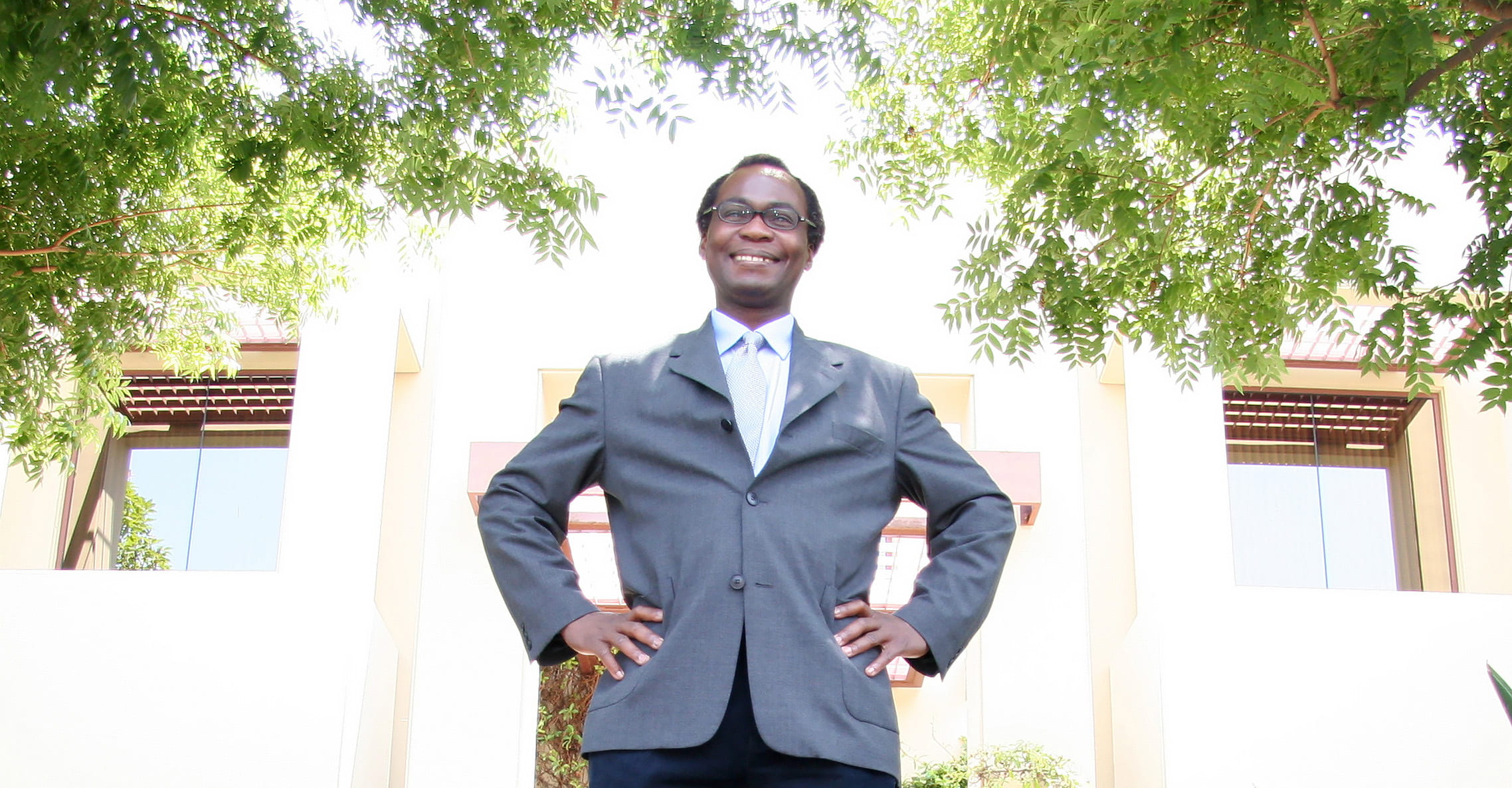Fire sparks action
UCI student Lori Chiu leads Alternative Break effort to aid fire-devastated La Jolla Indian Reservation
When the chaotic wildfires of fall 2007 started to burn across wide swaths of Southern California, Lori Chiu didn’t sit idly by. Instead, the UC Irvine junior hooked up with UCI’s Center for Service in Action to raise money for the thousands displaced by flames. When the fires were finally out, Chiu, accompanied by Nikishna Polequaptewa, director of UCI’s American Indian Resource Center, and 13 student volunteers, headed to the La Jolla Indian Reservation on an Alternative Spring Break mission to restore what had been lost to the fires.
While most college students hit the beaches or the ski slopes on break, others like Chiu volunteer for Alternative Spring Break to perform short-term projects for community agencies and learn about issues such as literacy, poverty, racism, hunger, homelessness and the environment.
When Chiu and her fellow volunteers arrived on the reservation, the group was shocked by the extent of the damage: More than 55 homes were lost, and 90 percent of the reservation’s 10,000 acres had burned.
“We saw skeletons of trees and empty spaces where houses used to be,” Chiu says. “It was an eye-opening experience. When you actually see it, you feel the sense of loss. The land was so beautiful, but it hurt to see how devastated it was. It made us realize why we were there.”
The group cleared refuse from the fire, gathered recyclables and delivered them to a local collection station. They planted oak trees and buckwheat saplings to bolster hillsides eroded by a debris flow during the winter rains. And they helped local children with their homework and encouraged them to apply to college. After each day’s work, the volunteers participated in cultural presentations with Luiseño Indian Tribe members, learning about tribal history and government, their cultural use of music, and the fire’s effect on their lives.
“The Luiseño community members shook our hands and were so in awe that we would give up our spring break to come here,” Chiu says. “They were touched and expressed their appreciation – that was one of the greatest rewards.”
Chiu plans to develop more programs with Alternative Break next year, engage first-year students in volunteer activities on campus, and attend law school after graduation. She has recorded her experiences with the Luiseño Indians in a blog to tell others about the importance and rewards of volunteering.
“I hope my story inspires others to get involved and give back to the community,” she says. “If you want to contribute and don’t know how, the Alternative Break program is for you.”
For information about participating in the winter Alternative Break, contact the Center for Service in Action at 949-824-3500; deadline for applications is in November.

